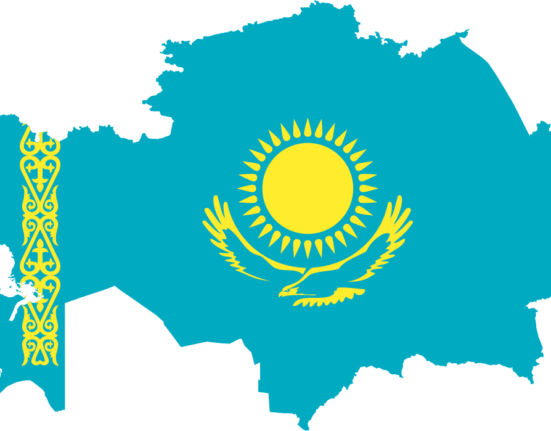The Eurasian Development Bank (EDB), the Islamic Development Bank (IsDB) Institute, and the London Stock Exchange Group have published a joint report, “The Future of Islamic Finance in Central Asia”.
The report provides a comprehensive analysis of the current status and prospects of Islamic finance in Kazakhstan, Kyrgyzstan, Tajikistan, Turkmenistan, and Uzbekistan.
According to the report, Sharia-compliant financing, as a relatively new (more than 30 years old) and fast-growing segment of the global financial system, plays an increasingly important role in the sustainable development of the Central Asian states. All governments of the region are paying special attention to the development of Islamic finance. Islamic finance offers a unique opportunity for Central Asia to promote inclusive growth, financial stability, and sustainability.
Central Asia currently has 18 Islamic banks and 14 non-banking financial institutions, as well as Islamic banking windows. Other institutions include takaful operators, microfinancing, investment companies, Ijara or leasing companies, and Islamic FinTechs such as digital banks and wealth management platforms.
Islamic finance assets in Central Asia amounted to USD 699 million at the beginning of 2024. According to the Islamic Finance Development Report 2024, Kazakhstan ranked 19th in the world in terms of Islamic finance development in 2024 (i.e. above the global average) and leads the Central Asian market.
In the next ten years, there is a perspective for significant growth in the Islamic finance industry in the region, with an increase in Islamic banking assets in Central Asia to the level of USD 2.5 billion in 2028 and USD 6.3 billion in 2033. Given the favorable demographics, strong economic growth, and the substantial size of the banking industry in each of the five Central Asian nations, Kazakhstan is expected to be the leader, followed closely by Uzbekistan. The baseline forecasts suggest that the region’s sukuk market is anticipated to grow to USD 2.05 billion by 2028 and USD 5.6 billion by 2033.
The report stresses the need for cooperation of the multilateral financial institutions and International Islamic banks on creating Sharia-compliant products and services tailored to the specific needs of Central Asian markets.
“One of the EDB’s strategic priorities is to become a platform for Islamic finance in Central Asia. The further development of Islamic finance in Central Asia will expand financial inclusion and connect local businesses to the global Islamic market, contributing to regional economic growth. With the Islamic Development Bank Group’s support, EDB has started to develop an ‘Islamic Window’ for financing projects in accordance with Sharia principles. The priority areas of investments will be energy, transport, social infrastructure, food security and industry,” says Nikolai Podguzov, EDB Chairman.
According to Chairman of the IsDB Group, Dr. Muhammad Al Jasser, “The Islamic Development Bank Group is committed to supporting the advancement of Islamic finance in Central Asia and beyond. Our collaboration with Eurasian Development Bank demonstrates how development banks can work together to create inclusive and resilient financial systems.”




